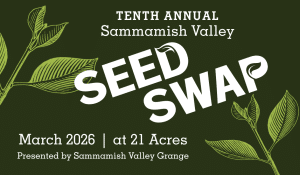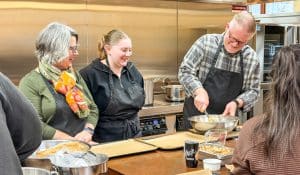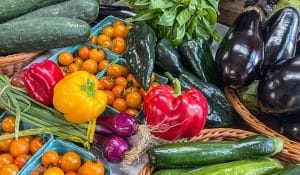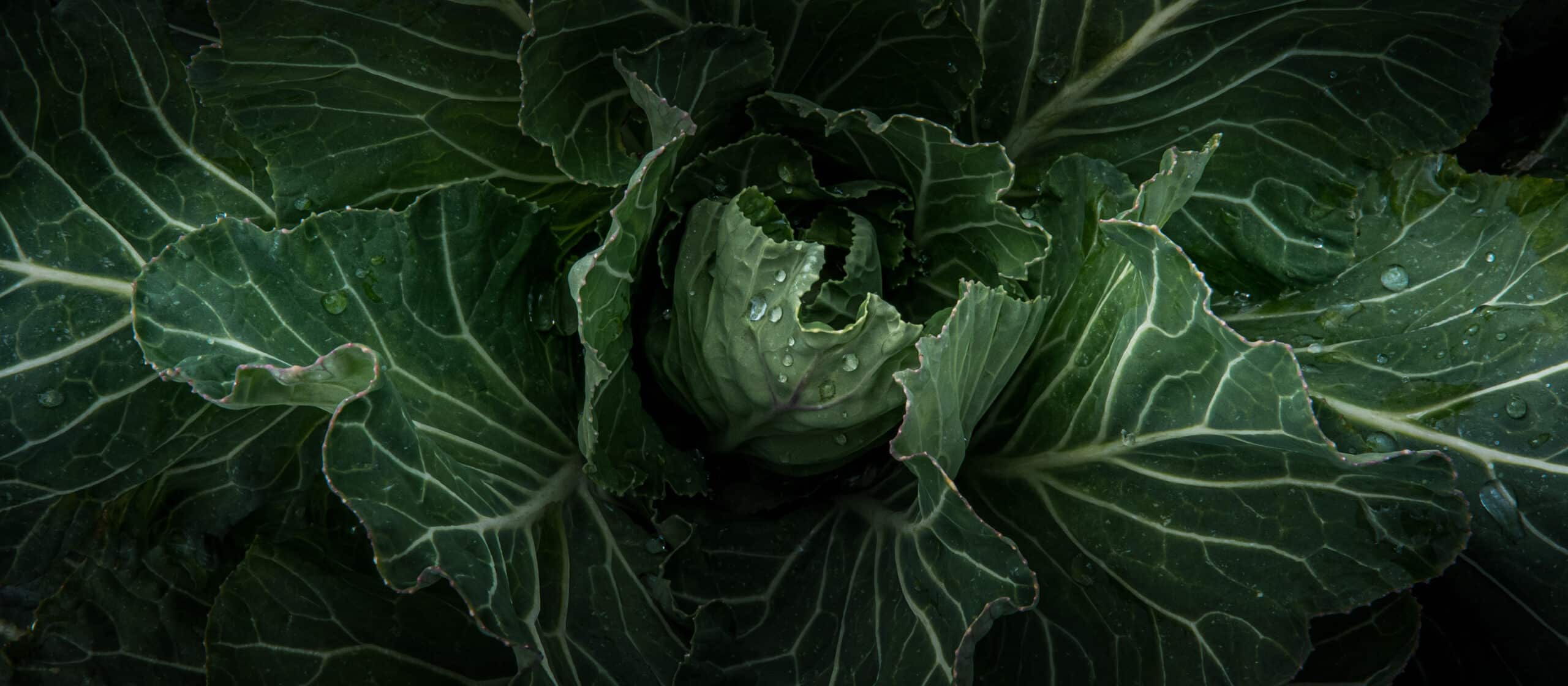
Land Stewardship Issues in this Washington State Legislative Session
Land Stewardship Issues in this Washington State Legislative Session
- posted on: March 2, 2022
- posted by: 21 Acres
"*" indicates required fields

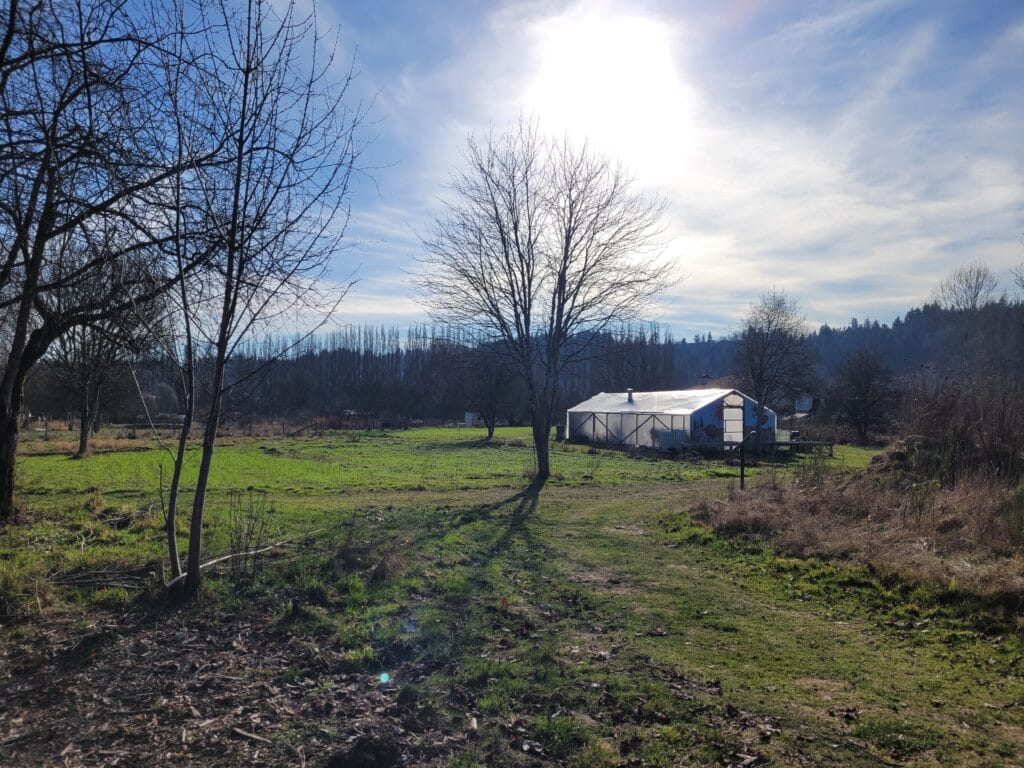
Here at 21 Acres we always have climate-forward work at the top of our priority list. Whether that’s learning about regenerative farm practices, supporting a vibrant local food system, or making updates to our LEED Platinum Certified building, we’re learning as a climate-action community together.
One piece of the climate puzzle is legislation. We’ve been engaged by following the news and good information from Futurewise, Carbon Washington, Washington Farmland Trust, Project Drawdown, Eastside 350, American Farmland Trust, and so many more. This legislative session, Washington State House and Senate are considering a record number of proposed climate initiatives this year.
Of all the bills that are in the Washington State House and Senate, many issues address work that we have intimate experience with on the edge of urban farmland.
Some of the 2022 climate-forward natural environment proposed bills address:
- Equity in the food system
- Stewarding our natural resources
- Farmland preservation
Read up on the current news in this legislative session, particularly E2SHB 1099 which seeks to improve the state’s climate response through updates to the comprehensive planning framework.
We’ve written about our green energy and built environment work. Here are some examples of projects we work on toward climate resilience at 21 Acres:
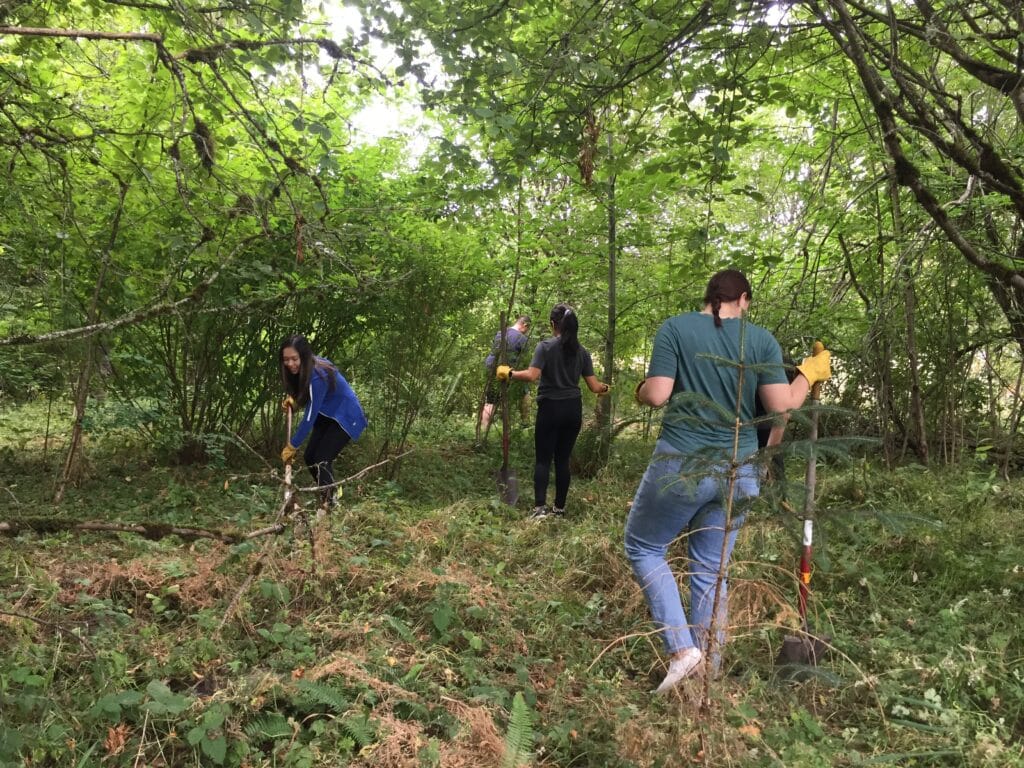
Land Stewardship:
Here in the Sammamish APD, we keep good company with farmers practicing regenerative agriculture on land that is being preserved in perpetuity. Especially during periods of population growth, preservation of farmland and wild spaces help guard against disruptions in the food system and help mitigate climate effects.
In the Pacific Northwest, wetlands are an integral part of our ecosystems. Wetland conservation and restoration helps us boost ecosystem services in our built and natural environments and draw down carbon.
The Growth Management Act brings up issues in both farmland and wild spaces. If that’s of interest to you, here are some bills you might want to check out:
- SB 5971 – Concerning the comprehensive plan and implementation of the goals and requirements of the growth management act.
- E2SHB 1241 – Planning under the growth management act.
- SB 5042 – Concerning the effective date of certain actions taken under the growth management act.
- SB 5971 – Concerning the comprehensive plan and implementation of the goals and requirements of the growth management act.
- E2SHB 1099 – Improving the state’s climate response through updates to the state’s comprehensive planning framework.
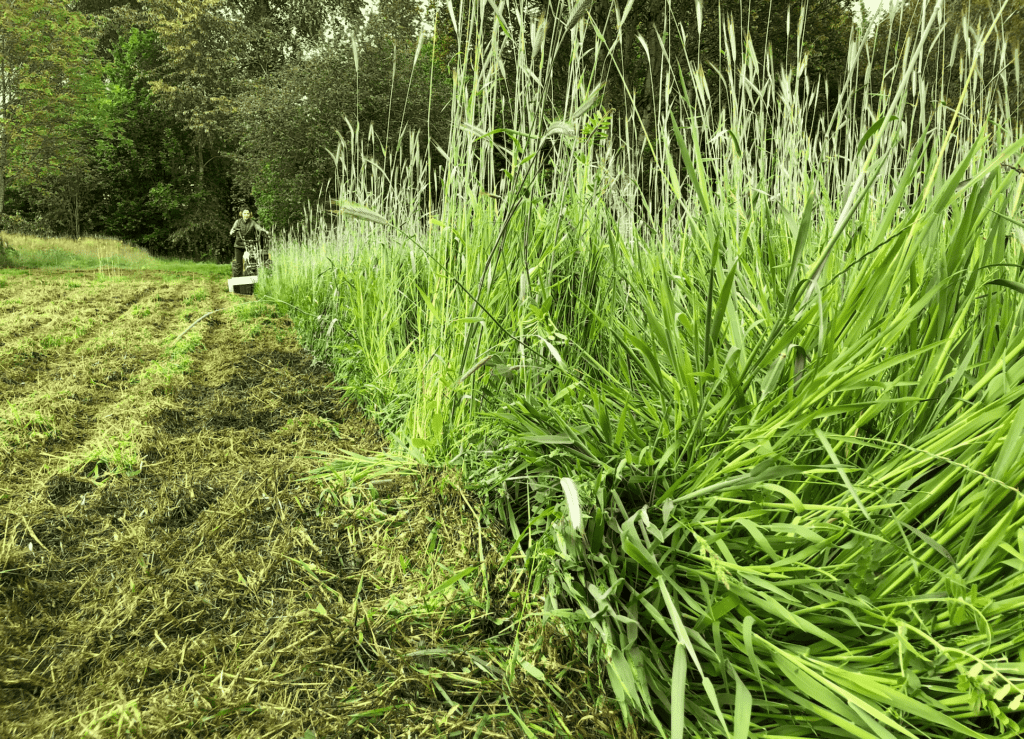
Regenerative Practices:
Regenerative practices on farmland can increase soil health, draw down carbon, and help ensure food security for generations to come. These practices can come in many forms: from pasture-raised animals integrated into the farm rotation to biochar amendments. These practices often take additional labor or resources to implement, but can be more beneficial long-term.
Of all the things we’ve learned about soil over the past ten years, one is that cover cropping is essential for healthy soils. Cover crops reduce erosion, promote beneficial insect habitats, draw down carbon, and help ensure soil viability for years to come.
If regenerative farm practices matter to you, you might be interested in the following proposed legislation:
- E2SHB 1799 – Concerning organic materials management.
- HB 1631 – Supporting Washington’s food production system by providing technical assistance in support of improved voluntary environmental stewardship.
- HB 1856 – Adding counties to the voluntary stewardship program.
Equity:
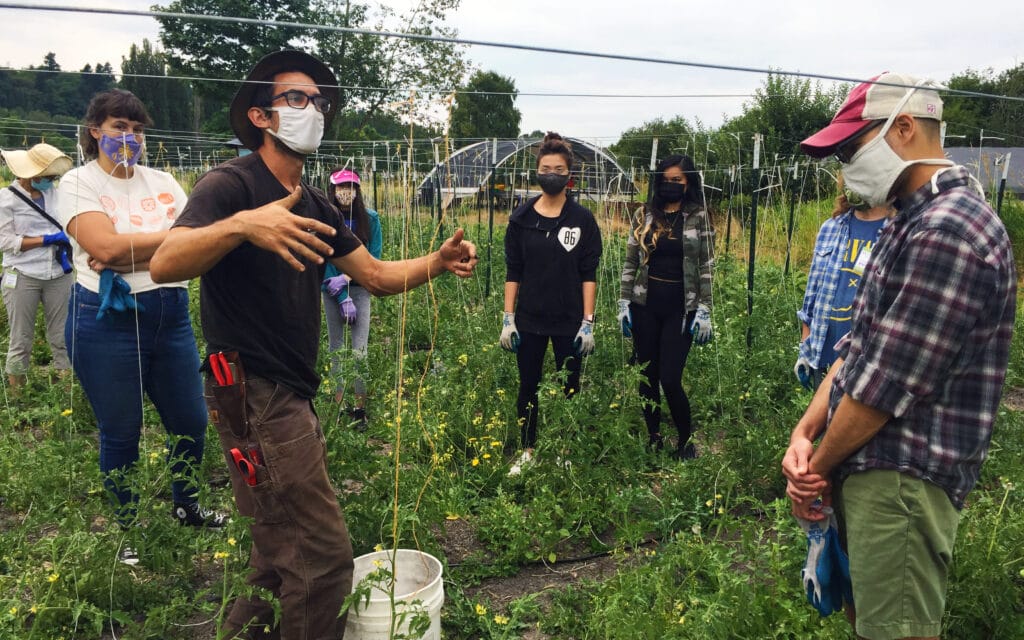
Small farms are not only critical for the future of our food security; they also pose a huge potential for climate mitigation. Ensuring that farmland is accessible to all—women and BIPOC who are historically underrepresented and who often have higher barriers to farm resources—is essential in a changing climate. And on farms, ensuring that all people have a seat at the table and considering the systems that we are a part of is just a small part of why we practice agroecology—an ecological approach to agriculture.
If you’re curious about how equity affects farming and land stewardship (and vice versa), you might be interested in these bills:
- SHB 1395 – Ensuring equity in farming.
Built Environment:
Our built environments have a huge impact on how we steward our natural resources. Read about green energy, building codes, and waste management this legislative session.
Stay tuned.
We’re sharing more climate issues soon, and will update here and on our Advocacy page when we do.










 back to blog overview
back to blog overview

